
Many museums did not survive the "economic earthquakes." Losing state financing, they either had to close or to offer their premises for businessmen who too often cared little about the fine art collections.
Whereas in the 1990s, the "new Russians" acquired museums to turn them into warehouses, and in the 2010s, entrepreneurs lined up to buy warehouses and turn them into small thematic museums.
The traditional "do not touch" policy has still been in force in most Russian museums. However, today's visitors expect thrilling experience instead of dull presentation. They want to be creators, not only observers.
Perhaps one of the most popular museums of that type is Moscow's Vinzavod, literally, winery, settled in an actual former liquor factory.
That contemporary art center has little resemblance to a traditional museum. Visitors are expected to watch and even participate in a fusion of theater performance, street art and music.
Now, every self-respected enterprise attempts to open its in-house public space combining a museum of its craft with master-classes. The range is as wide as one may imagine.
Gzhel fine china factory in the Moscow region, which has over 100 years of history as the trademark of Russian folk craft, gives visitors a chance to mold their own jars, plates and dishes, to paint them in Gzhel-only registered blue tint and to anneal them in a special stove.
Similarly, Klin glass factory, also near Moscow, offers visitors opportunities to make and paint their own New Year tree decorations. One of Moscow's bakeries offers guests to bake a cracker of their own choice.
The new generation of workshop-style museums are appealing to young people. Kids, who often feel unbearable boredom in a traditional museum, are delighted to touch, test and even break the artifacts in those interactive museums.
One of Moscow's landmarks, Planetarium, which had been idling for over 20 years, was reopened recently with a completely new concept.
Unlike in the good old days when the visitors simply sat inside a dark dome watching "stars" and listening to lecturers, they are now offered play-and-learn programs for both children and adults.




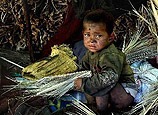
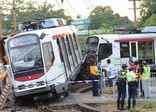
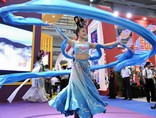
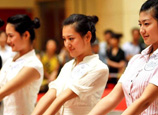



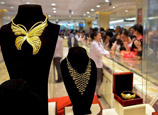






 Deaths prompt concerns over elevator safety
Deaths prompt concerns over elevator safety


![]()
